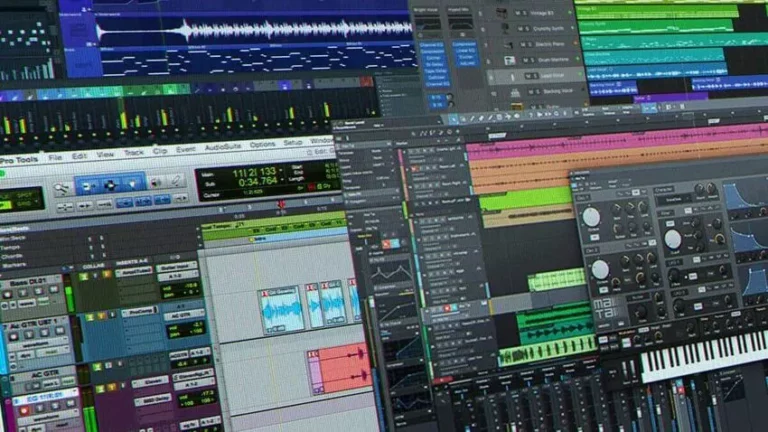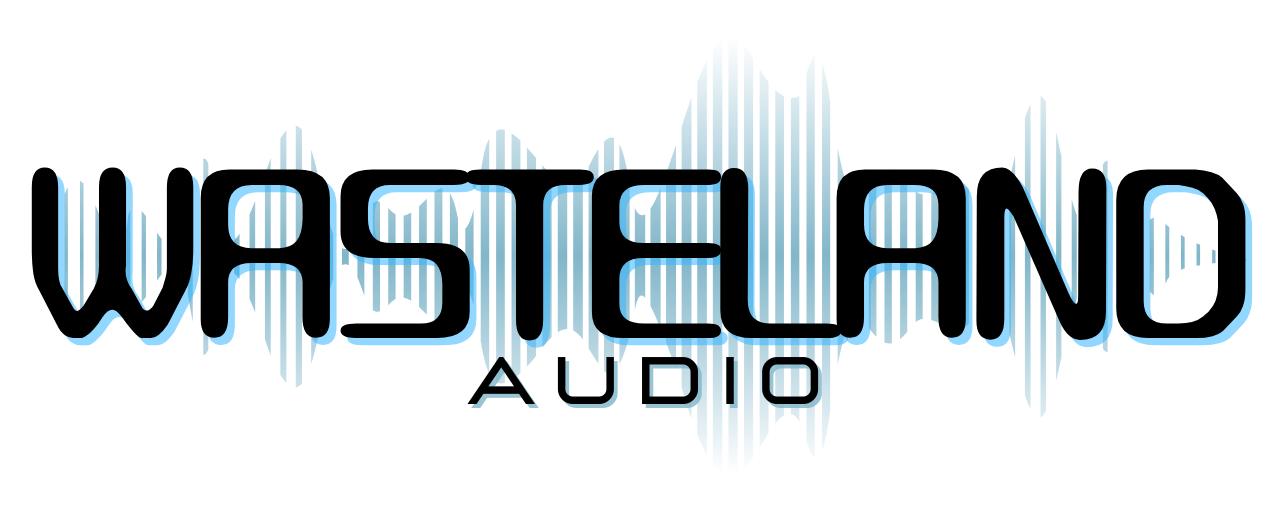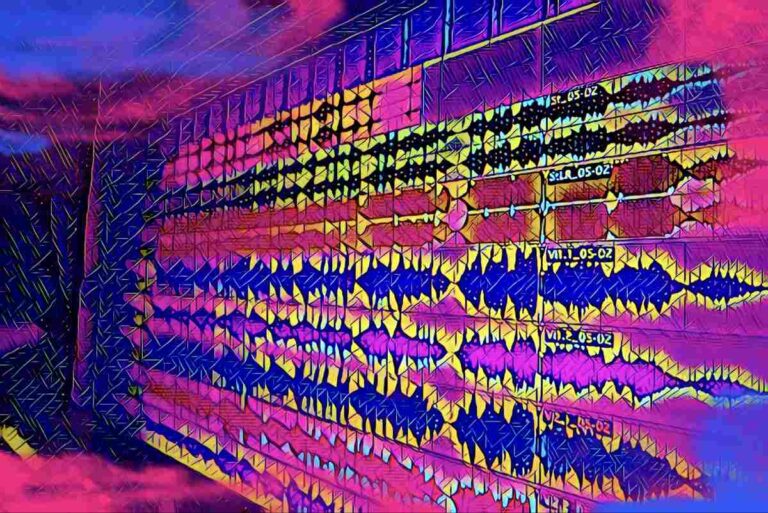
Exporting Tracks for Mixing: A Complete Guide for Musicians and Producers – Part 4
Creating a music production is a labor of love, and when it's time to take your tracks to the next level, you may decide to collaborate with a professional mix engineer. To ensure a smooth and efficient process, it's crucial to export your audio tracks properly from your Digital Audio Workstation (DAW) before sending them off. When sending your guitar and bass tracks to a mix engineer, the choice of how you capture the sound can significantly influence the final mix. For both guitar and bass, you have several options, including using a mic on an amplifier and cabinet, recording direct inputs (DIs), or using amp simulation plugins.


